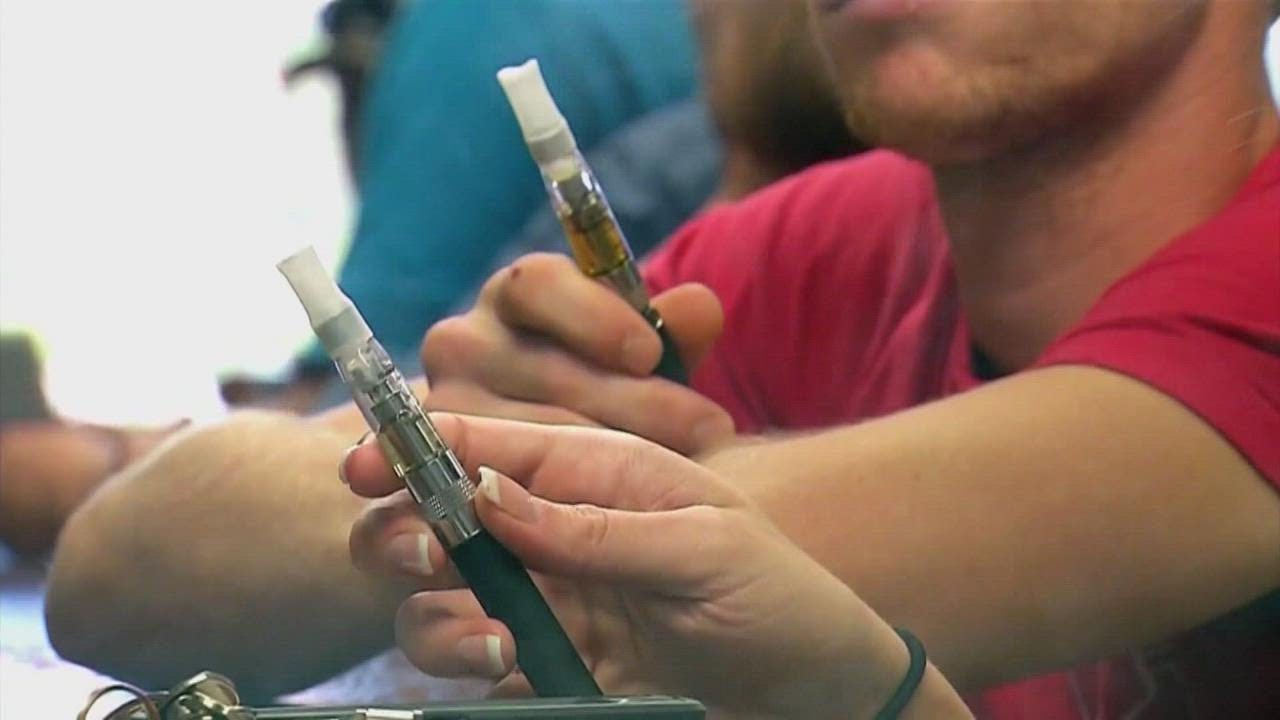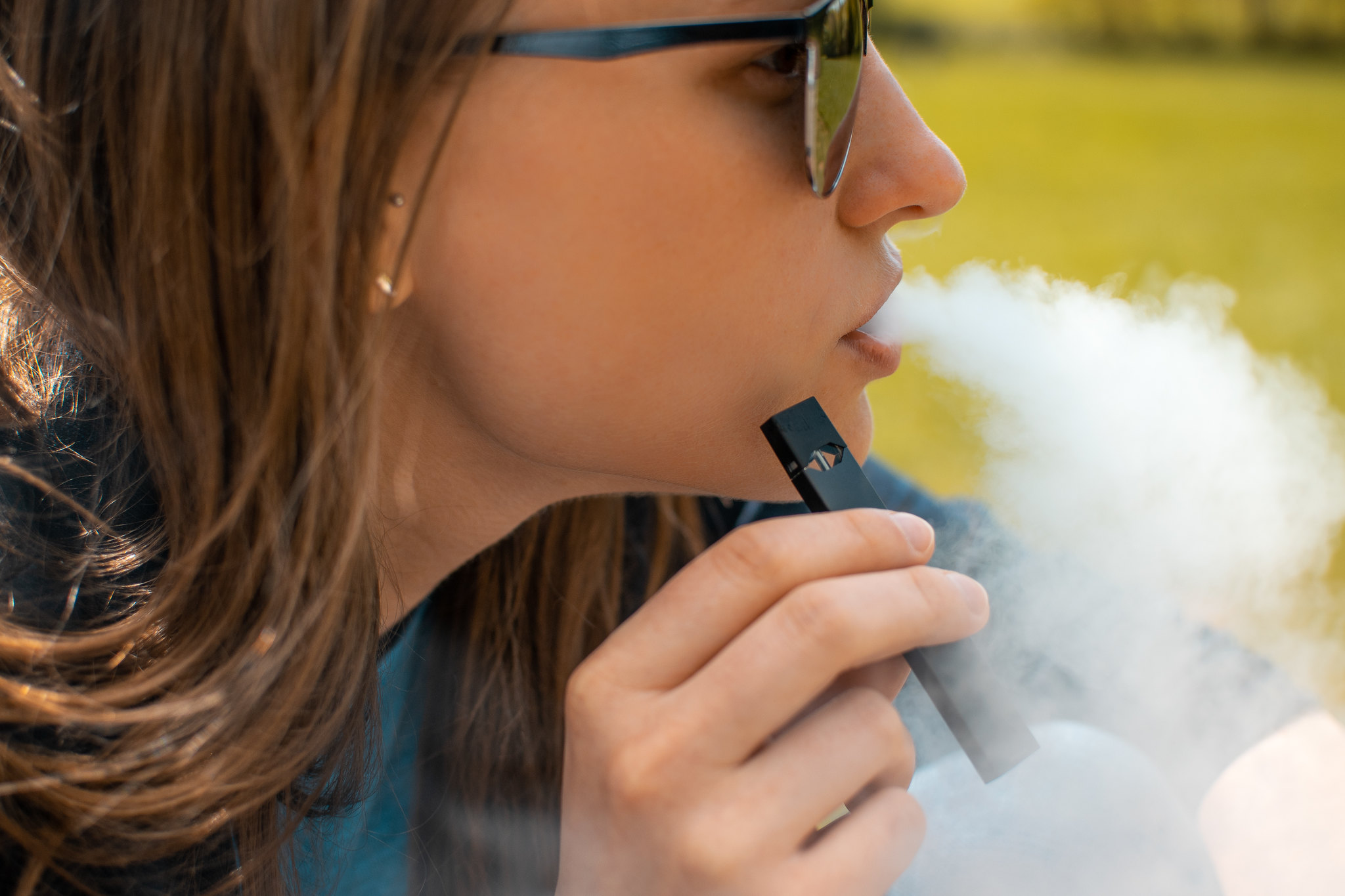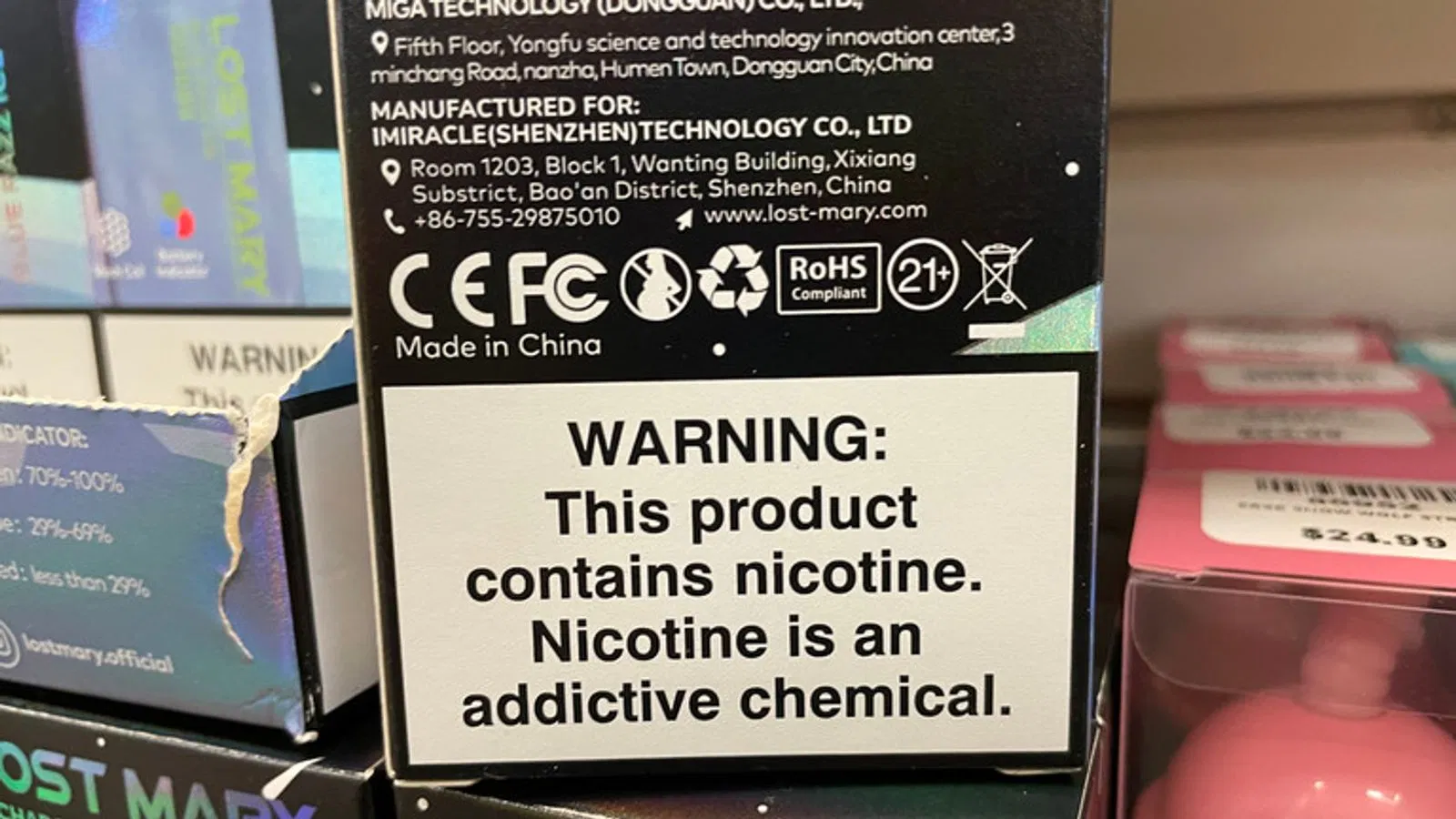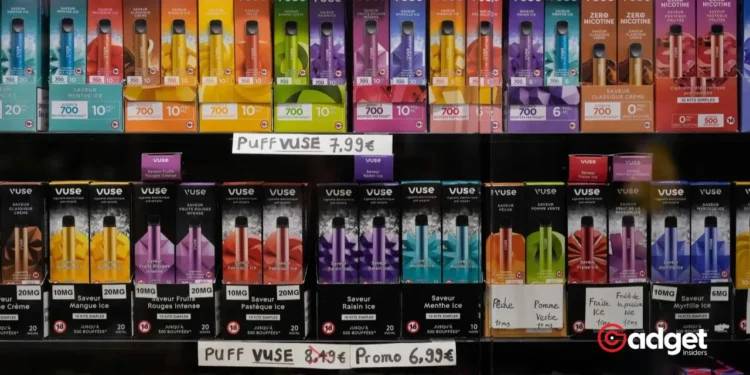In a significant legal ruling that reverberates through the heart of Columbus, Ohio, a judge has declared unconstitutional a state law that prohibited cities from enacting bans on flavoured tobacco products. This decision allows Columbus and several neighbouring cities in Franklin County to maintain their ban on these products, marking a contentious chapter in the city’s public health policy.
The ruling comes after a consortium of cities, including Cleveland, Bexley, Grandview Heights, and Dublin, challenged the State of Ohio. Their victory was solidified when Governor Mike DeWine’s veto of a bill that would have made such bans illegal was bypassed by the Statehouse, thus preserving the local ordinances against flavoured tobacco.

The Battle Against Flavored Tobacco
The core of the ban’s support stems from a growing concern about the youth’s attraction to tobacco products, exacerbated by the marketing strategies of tobacco companies. These companies have increasingly relied on colourful and flavorful products, ranging from vapes to cigars and pouches, to appeal to a younger demographic.
“Protecting our kids from being targeted by these marketing strategies is paramount,” said an advocate for the ban. This sentiment echoes the fears of many parents and health officials who see flavoured tobacco as a gateway for teenagers into nicotine addiction and smoking habits.

Economic Fallout for Local Businesses
The ban’s economic impact on local smoke shops has been stark and immediate. The owner of Epic Puff in Clintonville reported that flavoured tobacco products constituted about 90% of their sales. Unfortunately, the ban has forced their permanent closure, a fate that has befallen or threatened many similar establishments.
Zoe Villalobos, owner of The Joint in the Short North neighbourhood, shared her struggles and adaptation strategies. “The first month, we saw our revenue halve. Although we’ve somewhat recovered, the loss of flavoured tobacco has permanently altered our business landscape,” Villalobos explained. She has since removed all flavoured tobacco from her shelves, unlike some competitors who continue to sell these products illegally.

Legal Risks and Ongoing Debates
The penalties for contravening the ban are severe, escalating with each offence. Villalobos outlined the repercussions: “A first-time offence costs $1,000, the second $5,000, and a third results in a $10,000 fine plus the loss of the tobacco license.” This stringent enforcement underlines the city’s commitment to the ban despite the legal and economic pushback from local business owners.
Further complicating the issue, some shop owners argue that the targeting of flavoured tobacco is disproportionate. “If the concern truly lies with protecting children, then why not also regulate flavoured alcohol? It seems like a double standard,” Villalobos argued, pointing out the inconsistencies in regulations targeting youth marketing.

Flavored Tobacco Regulation in Columbus: A Case Study
As the Biden Administration postpones discussions of a nationwide ban on flavoured tobacco, Columbus serves as a critical case study in the efficacy and consequences of such policies. The city’s stance might influence broader regulatory approaches across the U.S., shaping future debates and policies aimed at balancing public health concerns with economic realities.
In Columbus, the story of flavoured tobacco regulation is far from concluded, with implications that extend beyond the city’s borders, testing the waters of public health, legal integrity, and economic viability in the face of contentious regulatory measures.









